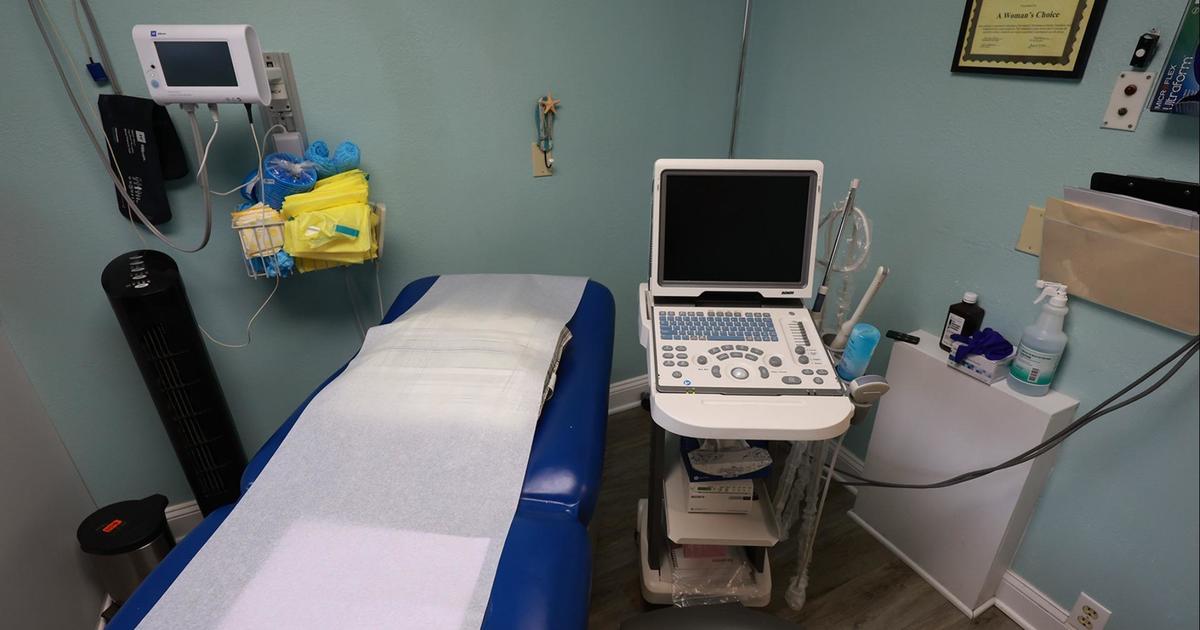Navigating Breast Cancer; Early Screening Is Leading To Faster Detection And Better Outcomes For Women
Everyone is at risk of breast cancer, although some of us are at a higher risk than others.
Do you know your risk factors?
- Gender
- Age
- Alcohol
- Radiaton
- Genetics
- Hormones
- Weight
Early breast cancer detection saves lives.
According to researchers, women aged 40 and older are encouraged to start annual, preventative screenings in an effort to detect early-stage breast cancer.
The Breast Cancer Research Foundation estimates the number of women living with metastatic breast cancer in the US rose to 168,000 in 2022 vs. 150,000 in 2021.
Studies have also shown that women of color are 40 percent more likely to die from breast cancer than white women, despite the fact that these two groups are diagnosed at a similar rate.
Memorial Healthcare System's Heather Wright, MD, Chief, Breast Surgical Oncology says, "Screening mammography remains the gold standard. We recommend that women beginning at age 40 begin having screening mammography every year, sometimes depending on risk factors. We recommend that screening begin even earlier. For example, strong family history or a genetic mutation."
Today, advances in technology such as AI (artificial intelligence) and contrast-enhanced spectral mammography are helping healthcare providers detect and treat breast cancer earlier and more effectively.
"Every breast cancer case is different. When we see a patient, we try to outline exactly the type of cancer they have. We anticipate in the treatment algorithm so that they can anticipate what is to come. I think that often women want to know how is this going to impact my daily life?" explains Dr. Wright.
Unfortunately, even with these advancements, many women still bypass annual, life-saving screenings.
At Memorial Cancer Institute, Patient Navigators are in place to help make the appointment process easier and guide patients through diagnosis and treatment options.
"They are a fantastic resource to access support services. They're going to make sure that patients get that next appointment and with the right specialist." says Dr. Wright.
Even as prevention becomes more accurate, it still requires a committed investment from all women.
All signs point to an increase in preventable deaths from breast cancer in the months and years ahead. It's critical for women to prioritize screenings, and work with a healthcare provider who can help assist them through the process. Encouraging loved ones to do the same.
For more information on breast cancer screenings and treatment, visit MHS.net/Breast




